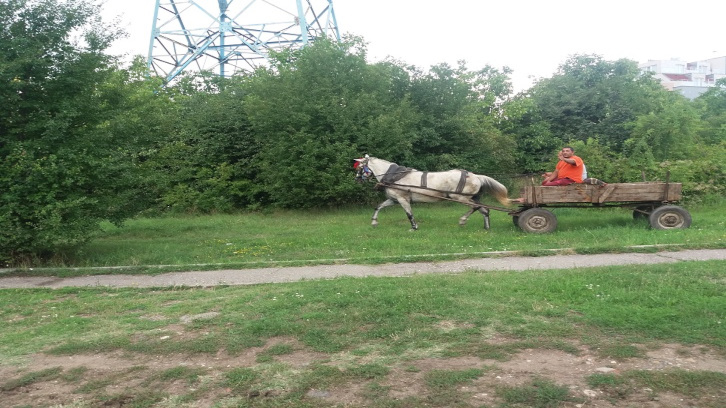Nature-based solutions pose challenges for social justice in the city
Nature-based solutions for renaturing cities poses two major challenges. On the one hand, their conceptualization derived from the close link between the environmental deterioration/economic growth binomial, is based on economic expansion. On the other hand, they adhere to the social aspects of race, ethnicity, gender and privileges of the middle and upper classes.

Multidisciplinary research group BCNUEJ from ICTA-UAB has explored the injustices that are at the base of these solutions and has worked to facilitate a forecast with which new narratives and ways of growth and access to urban nature can be generated in a more egalitarian way.
While renaturing cities through a widespread application of nature-based solutions (NBS) could enhance the well-being of a large fraction of humanity, the way such outcome is being imagined and enacted faces two major challenges. The first concerns the tight link between environmental deterioration and economic growth, mostly because the way NBS are conceptualized and implemented in policy and practice is often inextricably grounded in the pursuit of economic/capital expansion. The second challenge is represented by the social facets of urban greening and the way these are constituted and governed in cities, marked by exclusivity and unequal power relations intersecting lines of class, race, ethnicity, and gender, to name a few. Those two concerns frame the empirical and theoretical pursuits of the Special Issue on 'The governance of nature-based solutions in the city at the intersection of justice and equity" placed in the breadth of existing scholarship in critical urban geography, planning and ecology.
The Special Issue aims to explore the type of socio-environmental contradictions and contestations emerging through the deployment of nature-based solutions in a range of geographies. On the one hand it provides a diagnosis of the justice implications embedded in recent efforts to renature cities. Indeed, new green interventions are increasingly taking place in privileged urban areas, or with benefits that accrue mostly to the middle and upper classes and ethnically or racially privileged residents, often at the expense of more vulnerable social groups. On the other hand, this volume works on shaping a prognosis, or a potential future, for the governance of nature-based solutions, one that brings social justice, indigenous knowledge and more-than-human thinking into the design and execution of nature-based solutions. Such a shift is particularly important because sustaining NBS in contexts of austerity and sanitary crises has oriented public policy towards more encompassing reliance upon the private and non-for-profit sectors in designing, producing, and maintaining public goods, socio-natures included. While multi-actor coalitions and partnerships have proven essential for NBS implementation, continuity and governance the extent to which public-private collaborations avoid compromising the so-called ‘public interest’ and long-term equitable access to (urban) nature is still to be seen.
We conclude that for nature-based solutions to truly stand up to their promise, the logic and apparatus of urban development need to be decoupled from the ‘growth-at-all-costs’ mental cage, exploring degrowth and postgrowth narratives and pathways, as only then can environmental justice in its various manifestations be sought, defended and unfolded.
References
Sekulova, F., Anguelovski, I., Kiss, B., Kotsila, P., Baró, F., Voytenko Palgan, Y. Connolly, J. 2021, The governance of nature-based solutions in the city at the intersection of justice and equity. Cities, Volume 112, 103136, ISSN 0264-2751, https://doi.org/10.1016/j.cities.2021.103136